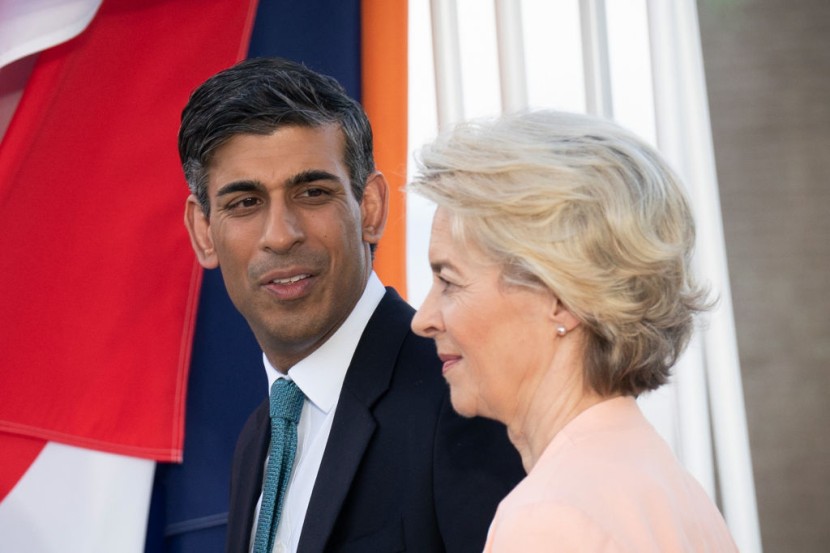One effect of Brexit was that the UK was expelled from a number of important European Union science initiatives, such as the Galileo satellite navigation project and Horizon, the EU's flagship science research program.
Rejoining the Horizon and Copernicus
The UK is now prepared to re-join Horizon as an associate nation thanks to what UK Prime Minister Rishi Sunak and President of the European Commission Ursula von der Leyen dubbed a "bespoke deal," as reported by Engadget.

Additionally, the UK will join Copernicus, the EU's £8 billion (€9 billion) Earth observation satellite initiative. However, it has decided to concentrate on its own nuclear fusion research rather than re-joining the Euratom nuclear research organization.
The UK would pay around €2.6 billion (£2.2 billion or $2.75 billion) annually on average for its participation in both Horizon and Copernicus, according to the terms of the agreement.
The Fear of Research Isolation
Research isolation was feared by scientists in the UK, who expressed relief. Despite successful discussions in 2020, the UK was excluded from Horizon because of a disagreement over the Northern Ireland Brexit commercial arrangement. Negotiations deadlocked over the UK's amount of financial commitment, despite an agreement being reached for a UK return in February 2023.
One of its main tenets was that the UK wouldn't pay for the years of absence, but the opposition Labour Party in the UK also pointed out that Britain had lost out on a lot during that time.
According to the European Commission, Horizon Europe "addresses climate change, aids in achieving the UN Sustainable Development Goals, and increases the EU's competitiveness and growth." As of January 2023, it will include of all EU members as well as 17 associate countries. Its budget is €95.5 billion ($102 billion).
During the protracted divorce talks that followed Britain's 2016 vote to exit the EU, relations between the country and the union were put to the test brutally. With the signing of a minimal trade and cooperation agreement in 2020, the split became legally binding, but the staunchly pro-Brexit U.K. caused ties to deteriorate even further. Boris Johnson is the prime minister.
The EU criticized Johnson's government for introducing a law that would allow it to unilaterally rip up portions of the Brexit accord, according to The Associated Press.
Read also: UK Concrete Crisis: Government Pressured to Release List of Schools in Danger of Collapse
Strengthening Ties with European Neighbors
While trade tension and ingrained mistrust have persisted, Sunak's government has quietly tried to strengthen Britain's ties with its European neighbors since Johnson's resignation in the middle of 2022 under scandal.
According to Labour science spokesman Peter Kyle, "two years of global companies looking around the world for where to base their research centers and choosing other countries than Britain, because we are not part of Horizon." He continued, "This is two years of wasted opportunity for us as a country."
Related article: UK Government Risks Contempt of Court for Delays in AI Transparency Requests
© 2026 HNGN, All rights reserved. Do not reproduce without permission.








